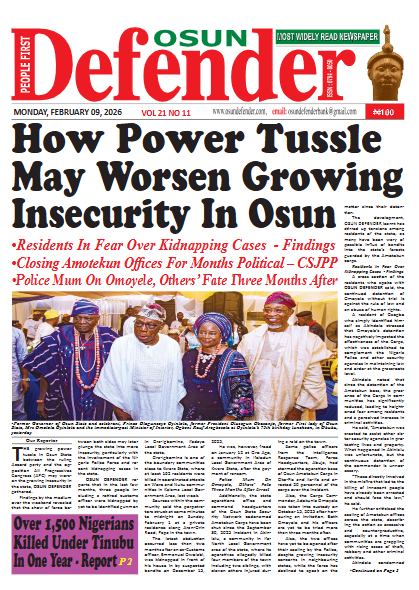Female Employee Speaks On The Google Memo
A Google product designer explains how the memo attacked women and sparked a massive debate within the company.
But the effect on the group targeted in the memo has been largely ignored. What do women inside Google think of the past week’s events?
On Friday, Lauren, a Google product designer based in New York who has been with the company for six years was interviewed. She had approval from Google to speak to the press, but her first name because many of her colleagues have been outed on fringe websites, raising safety concerns. (In fact, it was the safety issue that caused CEO Sundar Pichai to cancel a town-hall meeting Thursday that was supposed to answer questions about Damore’s memo.)
It’s the clearest response heard so far. She told me about her reaction to Damore’s memo, her thoughts on how the company’s leadership responded, some of the valid issues Damore brought up, and so much more.
The following interview has been edited for length and clarity. It’s a long discussion, but you really should read the whole thing.
Steve Kovach: Why did you want to talk to me?
Lauren: Mainly because I felt like no one was asking the women of Google how they felt about [the James Damore memo]. And they were A) telling us how we should feel about it, and B) really focusing on — there’s just a lot of think pieces on “Is his firing legal?” and “What does this mean for freedom of speech?” And I’m like, what about all the women? You’re just talking to him about his side of the story, and no one is asking us to respond to the claims that he made about us.
Kovach: Did you like what YouTube CEO Susan Wojcicki wrote about the issue?
Lauren: I liked a lot what Susan wrote, but I also think he wasn’t attacking Susan, right? She’s the CEO of YouTube. She’s been at Google for a really long time. Susan was my boss for a really long time. I reported to Susan. I’ve met her. I know her.
I’ve personally worked with Susan over the years, and I have a lot of respect for Susan. I think she’s done a lot for the women at Google. But I didn’t feel like that was enough. And so I reached out — I also know Ruth Porat and [head of Google Maps] Jen Fitzpatrick. They’re both very senior women. And I had interacted with them a fair bit back in March when I wasn’t satisfied with the way we were handling the women’s strike that was being organized for International Women’s Day. And Ruth and Jen, to their credit, really partnered with me on that and made sure that Google had an appropriate response to that situation.
Kovach: What happened?
Lauren: Sundar and everyone reacted really well to that. I went up my reporting chain, but it got to Ruth and they were like: “Yeah, we want to hear what you have to say. Let’s figure this out. Let’s make sure the women of Google feel supported in this.” And so I just reached out to Ruth and Jen yesterday and said: “Look, our voice isn’t being heard. No one is asking us how we feel about it. Can we do this?” And they were really supportive. They were like, “Yeah, let’s do this.”
Kovach: You said you felt attacked by the memo. Can you describe what you mean by that?
Lauren: You’ve read the memo, right? I’m not a female engineer, but I’ve talked to a lot of female engineers. Yesterday, the women in the ads group got together with one of the directors of engineering. She organized a sort of listening session, and we kind of all just sat down and talked about it. I think it’s just really hard to have someone make baseless claims about your abilities in the workplace, and I think that’s what happened. And it’s hard to not feel like that’s an attack on you personally, and on us collectively. We talk a lot about how women at Google are a minority. We’re not a minority [outside of Google], but we kind of are [inside]. But to have us all lumped into one sort of category like that and to have such a baseless claim made about who we are, and to have it positioned as fact — as scientific fact — I don’t know how we could feel anything but attacked by that.
Source: Business Insider









